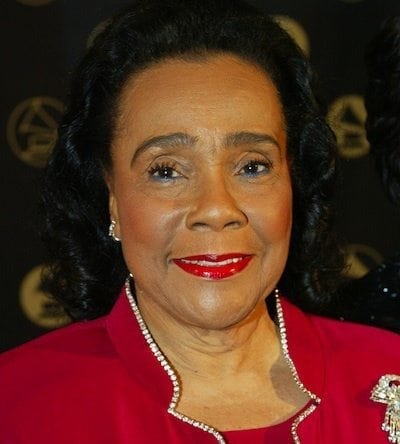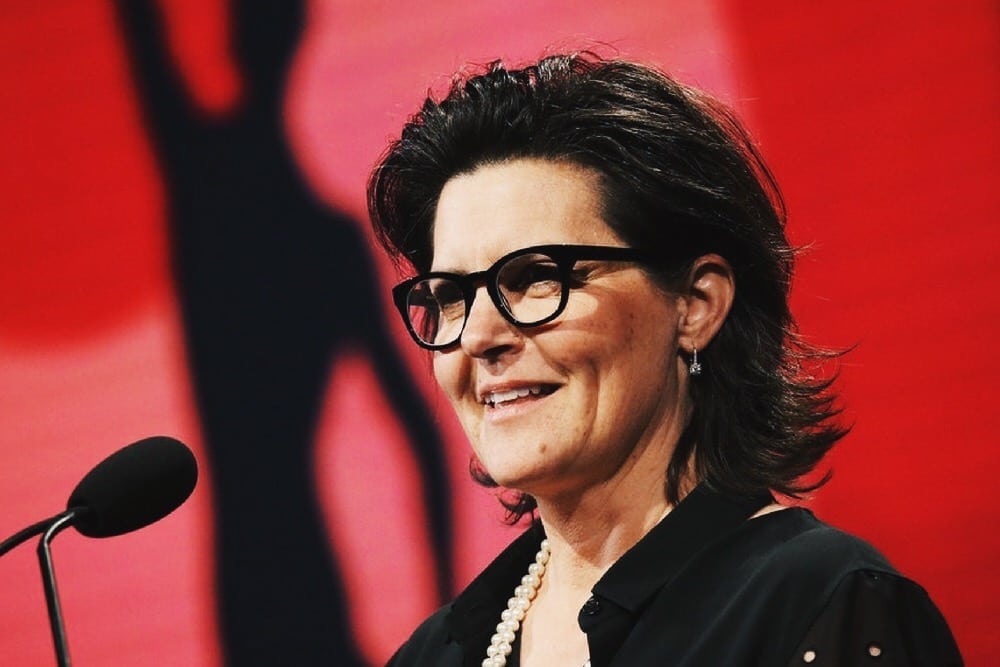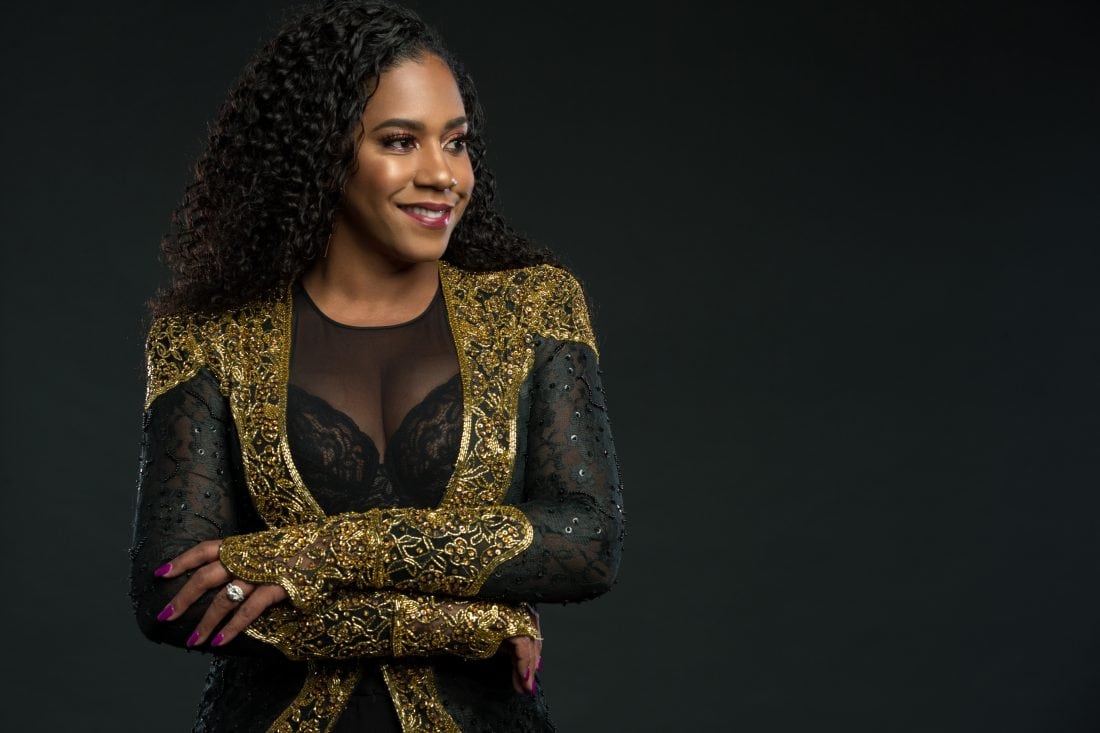Today, we remember a great man. Dr. Martin Luther King Jr.’s indelible mark on history stands with us today, echoing through time with whispers of hope for what we might accomplish now, if we press on in unity and love. And there is one reason those echoes are so clear, so many years after his death; one reason why we use this weekend to remember Dr. King’s incredible impact; one reason why today, you might get the day off work.
That reason is his wife.
Coretta Scott King led the campaign to establish her husband’s birthday as a national holiday and, in 1986 — eighteen years after his assassination — she was successful in that effort. Since then, millions of people and hundreds of countries have celebrated this day in honor of Dr. King’s legacy.
But establishing a national holiday is just the tip of the iceberg when it comes to Mrs. King’s extended influence. Not only was she a pillar of the Civil Rights Movement alongside her husband, but she continued her own international pursuit of social justice long after his death. That pursuit has also left a life-giving mark on history, and it is well worth our time to consider: What can we learn from this hero of a woman? What can we learn from the resounding effects of her life?
Well, there’s probably (definitely) too much there for one humble little article. But as a start? Three particular points come to mind.
1 ) Coretta Scott King Was Not Defined By Party Politics – “Freedom and justice cannot be parceled out in pieces to suit political convenience. I don’t believe you can stand for freedom for one group of people and deny it to others.” – Coretta Scott King
Mrs. King’s goals were about one thing: Peace. They were not associated with one bill, one party, or even one country. Nor was her influence limited solely to seeking racial equality, although that is arguably the cornerstone of her work. But Mrs. King, throughout her life, sought social justice in all cultures and in all realms of policy. She was a leader in the Women’s Movement, she advocated for the rights and dignity of the LGBTQ community; she was a delegate to the Disarmament Conference in Geneva in 1962 and a witness at the signing of the Middle East Peace Accords; and she participated in and led countless protests, marches, peace missions, and coalitions. She sought peace for every person, in every corner of the world. That peace was the through line of everything she did, and that’s what made her work so powerful.
2 ) Coretta Scott King Rejected Fear – “When you are willing to make sacrifices for a great cause, you will never be alone.” – Coretta Scott King
Perhaps Mrs. King felt fear — she was human, after all. But she certainly didn’t let it influence her work. In the face of more everyday fears, like public speaking, of course she refused to be cowed — she was the first woman to deliver the class day address at Harvard, and the first woman to preach at a statutory service at St. Paul’s Cathedral in London. But as is well known, Mrs. King also faced more violent risks: once, she and her infant daughter only narrowly escaped a bombing in her own home. Can you imagine continuing your work in the face of such real and present danger? The truth is, she must have been afraid. She must have been frequently afraid. But clearly, she rejected it. She always pressed on, regardless of opposition. She and three of her children were arrested in South Africa for protesting the apartheid, but ten years later? She was able to stand with Nelson Mandela when he was sworn in as President. She led a ‘Mobilization Against Fear & Intimidation’ in Georgia, so determined was she to stand up against these uncivilized tactics. There were frequent, very real threats against her life and her family, and as we know all too well, her own husband was assassinated for his beliefs. But Mrs. King continued to champion his (and her) cause. She gave fear no place in her life or her work.
3 ) Coretta Scott King Was non-violent – “An evil deed is not redeemed by an evil deed in retaliation.” – Coretta Scott King
In the face of the systematic racism she grew up with, of threats and attempted violence against herself and her family, of the murder of her husband, Mrs. King still stood resolutely in her belief for non-violent social justice. After Dr. King’s death, she worked tirelessly to establish the Martin Luther King Jr. Center For Nonviolent Social Change, and to develop programs there that continue to teach tens of thousands of people of Dr. King’s methodology. The centerpiece of their work in the Civil Rights Movement, and in Mrs. King’s continued efforts throughout her life, was seeking peace through distinctly nonviolent civil unrest. As mentioned above, she refused to be deterred by violence — but neither did she return it. That is perhaps why we remember her impact so fondly, and also perhaps why we can feel those impacts still so firmly today. Her non-violent efforts had a truly lasting effect. Yes, non-violent pursuit of peace might be a longer, more difficult road to follow than the violence our passions push us towards, but which road will stream real peace into the future we’re building? Which will create the world we want to live in? “Hate is too great a burden to bear,” Mrs. King once said. “It injures the hater more than it injures the hated.”
Coretta Scott King passed in 2006. On her tomb are inscribed the words from I Corinthians 13:13 – “And now abide faith, hope, love, these three; but the greatest of these is love.” So, in honor of the holiday she worked so hard to establish, let us remember Coretta Scott King’s legacy. Let us remember her husband, her work, and her unrelenting pursuit of true peace for our world — and let us continue that pursuit today.







